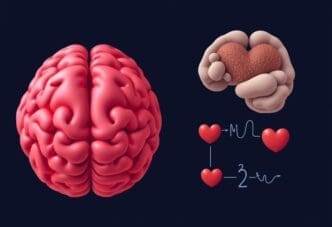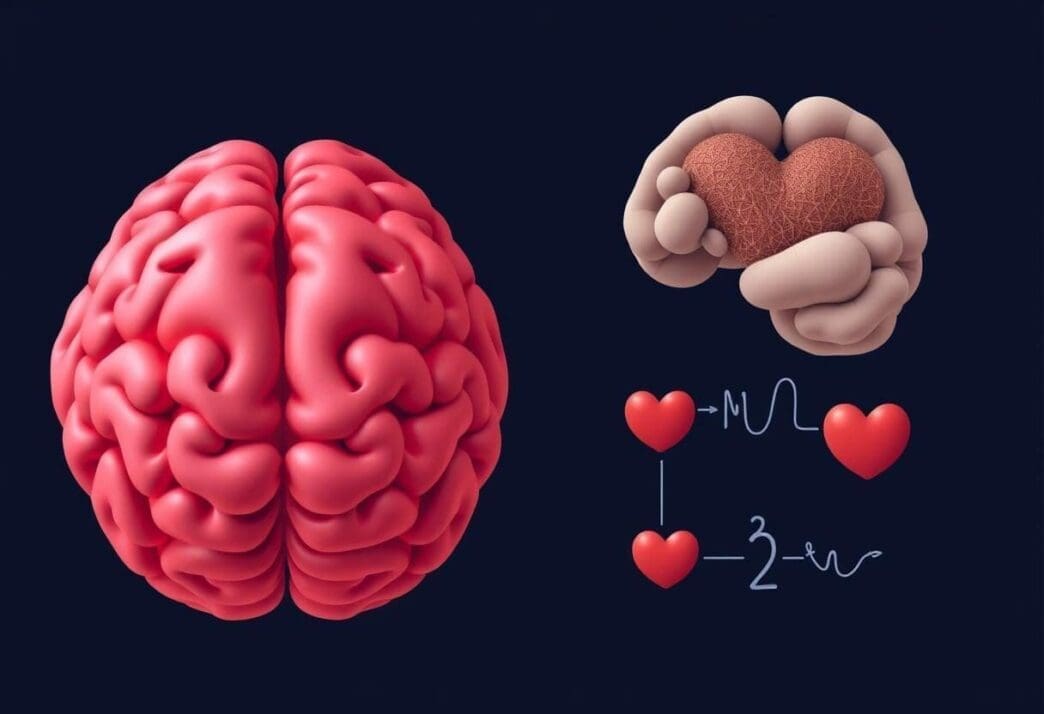As we step into 2025, enhancing our brain, heart, and metabolic health becomes a prime focus. Recent studies emphasize the importance of adopting small yet significant lifestyle changes. Understanding how sleep, diet, and exercise impact these areas is vital. Making these changes can significantly influence our well-being as we age.
Research from 2024 highlights key resolutions for improving health via diet, sleep, and exercise. These components are fundamental to fostering a healthier lifestyle. The question remains: how can these elements be incorporated into daily life effectively? The following insights provide practical strategies to support these crucial aspects of health.
The Role of Sleep in Health
Quality sleep has emerged as a cornerstone of overall health, particularly for brain function. Research indicates that disrupted sleep in individuals aged 30-40 can lead to memory issues in later years. Furthermore, poor sleep quality is linked to accelerated brain aging, underscoring the need for consistent rest.
Exercise: A Key to Longevity
Exercise is not just about staying fit; it rejuvenates the brain and potentially extends lifespan. Findings suggest that even moderate activity can improve cognitive functions. Sedentary lifestyles, conversely, increase heart failure risks. Thus, regular exercise should be a priority.
Those who remain sedentary for longer periods face increased health risks. Incorporating even short bursts of physical activity can mitigate these dangers. The benefits extend beyond physical health, enhancing mental well-being and resilience.
Diet’s Impact on Well-being
A balanced diet is essential for maintaining metabolic health. New guidelines recommend increasing intake of certain food groups while minimizing others. Understanding the role of carbs and fats can guide healthier eating habits.
In 2024, the World Health Organization highlighted the importance of dietary choices. These recommendations aim to prevent lifestyle-related diseases. By focusing on nutritional balance, individuals can significantly boost their metabolic health.
The relationship between diet and health is complex. However, simple changes, like adjusting fat and carb intake, can have significant outcomes. These adjustments are crucial for sustained energy and overall body health.
Connecting the Dots: Integrating Changes
Successfully integrating sleep, diet, and exercise requires intentional planning. Establishing routines helps embed these habits into daily life. Small, measurable goals ensure progress and maintain motivation.
Initial steps might involve setting specific sleep schedules or planning meals. These actions can foster a sense of control and increase the likelihood of long-term adoption. Consistency is key.
Creating a personal routine that prioritizes these elements promotes holistic health. By addressing these foundational aspects, individuals can enjoy improved well-being and vitality.
The Social Element: Family and Community Support
Behavioral changes are easier when supported by family and community. Engaging with others going through similar changes can offer encouragement. Support networks reinforce the importance of new health habits.
Families can foster healthy environments by making collective changes. This can strengthen bonds and improve group motivation. Such communal efforts have lasting benefits, both socially and health-wise.
Adjusting Mindsets: The Psychology of Change
Change is often resisted due to ingrained habits. Understanding the psychological aspects of change can help overcome this resistance. It’s vital to recognize the benefits, both short- and long-term.
Psychological readiness is essential for adopting new habits. Acknowledging the challenges and setting realistic expectations pave the way for success. Gradually, these changes become less daunting and more appealing.
Individual mindset profoundly impacts behavior. Cultivating a growth mindset can simplify the adoption of healthier practices. With time, these new habits feel less like chores and more like natural routines.
Scientific Insights: Research-Driven Approaches
Scientific studies provide insights into effective health strategies. The latest findings can guide personal health decisions. Relying on evidence-based information ensures reliable outcomes.
These studies emphasize practical actions over theoretical knowledge. By integrating research into daily habits, individuals bridge the gap between knowledge and practice.
Monitoring Progress and Adapting
Regularly assessing progress helps maintain motivation. Tracking improvements offers a sense of accomplishment. This practice also highlights areas needing adjustment.
Monitoring tools and apps can simplify this process. They provide tangible records of improvements and setbacks. Adapting strategies based on progress is crucial for sustained success.
The Path Forward: Steps to Implementation
Implementing these changes requires a strategic approach. It’s important to prioritize actions based on personal needs. Gradual changes ensure they are sustainable.
Breaking down goals into manageable actions avoids overwhelm. This step-by-step process makes it easier to adapt to new habits.
Consistent reflection on progress helps refine strategies. Over time, these actions culminate in significant health improvements.
Incorporating these lifestyle changes can profoundly enhance your health in 2025. Establishing a balance between sleep, diet, and exercise is crucial for well-being.








